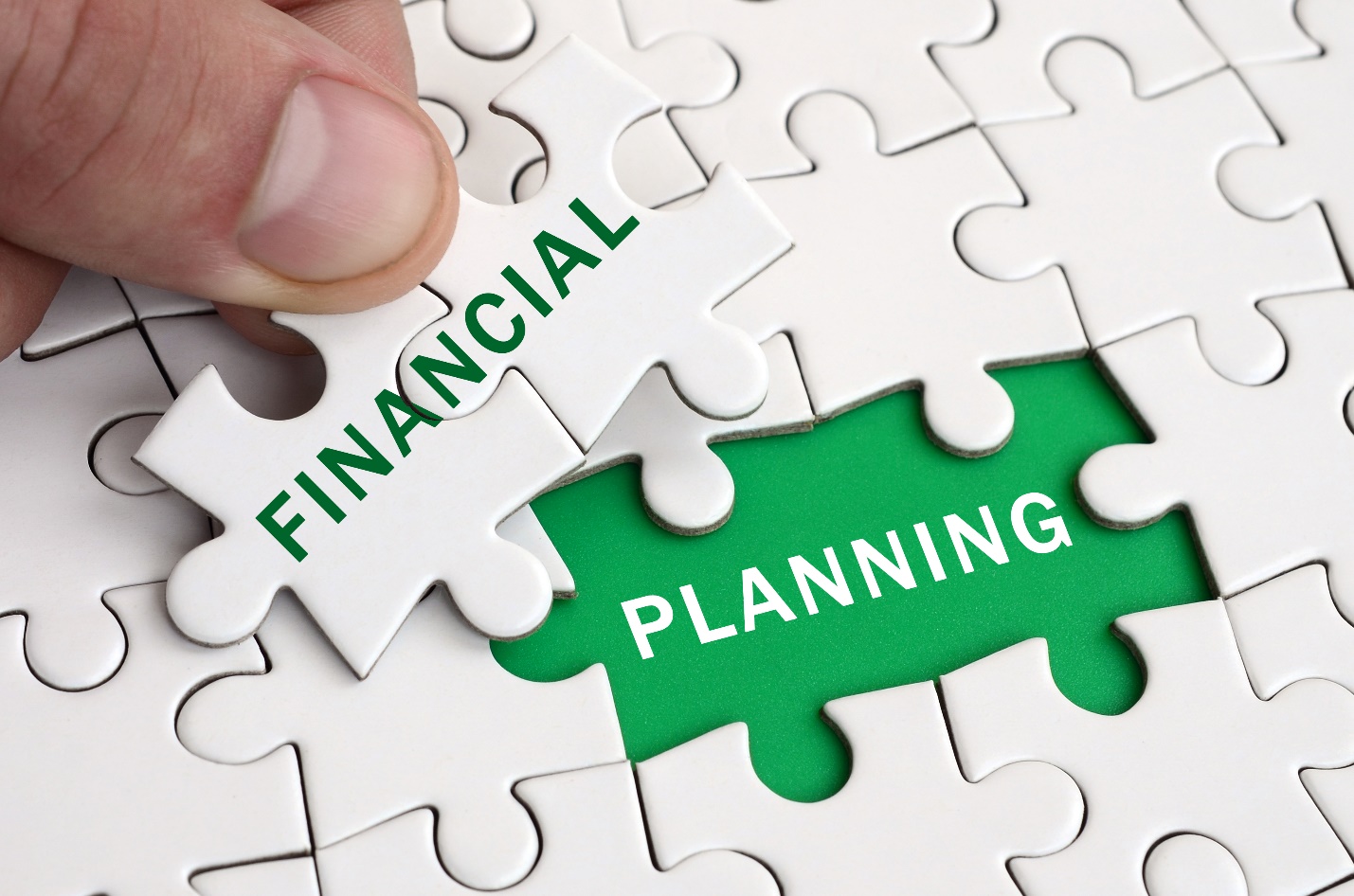Retirement is a very huge decision to make. You have to be ready about life after you stop working, it means that your finances will also stop. If you want to retire you have to be solid about your decision and you have to consider investment plan and finance management. If you want to know if you are ready to retire, here are 7 signs to consider.

©everydayhealth
1. Not Planning for Future Expenses
There are a lot of major expenses that you need to consider if you want to retire. You have to address every probable expense such as repaving your driveway, replacing your roof, purchasing a house or even buying a new car. Financial advisor Pedro M. Silva said that those larger expenses can add up, especially if your funds are withdrawn from taxable accounts and the taxes need to be paid in every dollar. He also stated that you have to tackle large expenses before retirement because it will have an impact on our portfolio. So think about it first because most people expect to get something without estimating how much it will be. Yet, there’s a handy tool to help you make the calculation like “The Social Security Administration”.
Walters said that you can postpone your retirement if you haven’t reached the age which you can collect your maximum Social Security benefit. Claiming your Social Security as early as age 62 there’s a possibility that your monthly checks will be 30% smaller than waiting until you reach full retirement age.

©money sense
2. Monthly Financial Plan Is Not A Priority
You have to consider planning your monthly cash flow because once you retire your salary will stop but your bills keep on showing up. Mapping out your monthly cash flow means considering when you will start drawing Social Security benefits and how much you will receive. It also means that you will have a solid grasp on your expenses. You have to look in your actual financial spending history that is summarized by category to determine how it might change during retirement. Some of the expenses may go down like debt that can soon be repaid, but the travel, healthcare cost, and recreation expenses may possibly go up. You have to know how much income you’ll need each month so you can assess whether your finances is large enough to allow you to retire, or whether you need to keep on saving money or cut your anticipated retirement expenses.

3. Berge of Bankruptcy
Having a large amount of debt will rapidly drain your savings once you retire, says David Walters. He is a financial planner and portfolio manager that can really help you if you want to seek advice about retiring.
You can eliminate some of your credit cards and car loans, it’s not a priority. Yet, it depends on your situation if you wanted to cut down some of them. Eliminating some of the debt before you retire can easily help you not to think those monthly payments and also the monthly interests hanging in your head.
It is better to know what your priority is because it was hard to know what’s the best choice between putting the money in your retirement account or paying down your debt first.

©Money/Howstuffworks
4. Paying The Current Bills
Most people struggle to pay their current bills. Randall Greene, a financial advisor recommends that retirement-minded clients plan to live off 75% of their pre-retirement income. The 75% figure is a basic rule that assumes reductions in outlays. It is no longer contributing to a retirement plan, it is no longer saving for a child’s college education and no having job-related expenses like work wardrobe and travel fares. But, According to Greene, that figure might become higher or lower depending on the taxes paid on the retirement account withdrawals. It also depends on how you plan to spend your retirement.

©RFP Philippines
5. Not Planning For A Long-Term Financial Plan
There’s always an argument about how much you should withdraw from your portfolio annually. A 4% rule is applied on which you can tap 4% of your retirement assets each year as long as the rate of return on your investments is at least 4%. You should remind yourself that your money should last at least 30 years. Walters says that we should understand how long our saving might last and what spending level we can maintain over the coming years or decades. But always remember that expanding life spans means that your portfolio will have to last much longer and stretch much further.
You have to come up with a plan for what percentage of your assets you’ll spend annually. Still, it depends on your health your portfolio composition and your risk tolerance. It is better to get help from a professional financial planner for much accurate advice.

©silver surfers
6. Worried About The Retiring
Most of us worry about retiring, about not having a plan for the long run. We have to step up and think about retirement plans for the upcoming years. Walters stated that “You may not be mentally ready to let go of your working life, even if your portfolio is in top shape,” For us, it feels like it’s not enough and it still worries us.

©nwherald.com
7. Holding On To Your Job
There is no proof that you have to retire if you reached the Social Security definition of full retirement age. Most people are still working beyond their retirement age and still no plans on retiring. They do this because they love their job.
Greene says that if you woke up in the morning and you still have the excitement of going to work, it is likely that you are not yet ready to retire. He also said that it’s okay to continue living the life to the fullest and you should enjoy every minute of it. It has benefits beyond the financial, it gives you purpose in life and creates a sense of accomplishments. These can help you stay healthy as you age. Just make sure to stay on your employer’s health plan to get better coverage for your health.
Bottom Line
Smith says that if you are not okay to retire is when you can’t answer the question, “Am I okay to retire? Retirement is a life transition that requires a lot of thinking, preparation, and planning. If you feel that you are not fully prepared, you can seek advice to a professional financial advisor to help you create a financial plan for you and also to properly rebalance your portfolio.
Cover Photo Credit: Best Life

